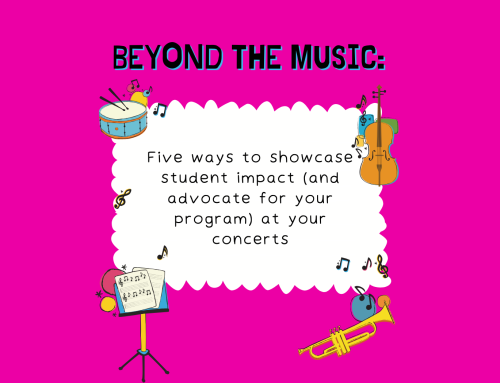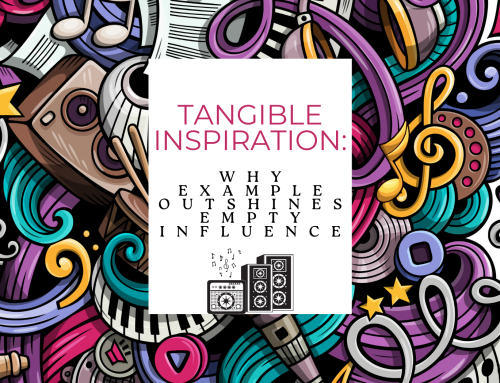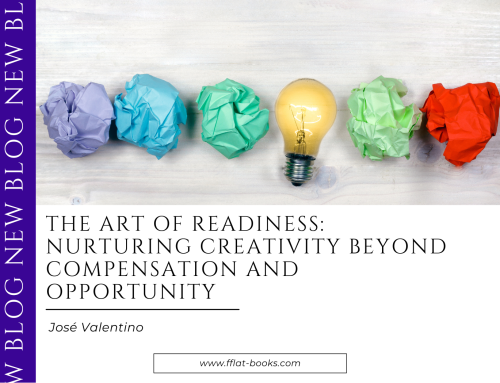When I told my students I was interviewing Drew Alexander Forde for my blog (AKA ThatViolaKid), their jaws dropped. One even said, “Wow. You’re not a boomer!” Drew, a dynamic personality and incredible musician, has won over music fans with his engaging social media presence. A Juilliard grad, Drew might be playing a classical quartet one day and sharing the stage with Kanye the next. He embodies the fluidity and creativity that is needed to carve out a space in the music industry today and I wanted to know more about his background and advice he has for others seeking to have a career in music
When I first reached out to Drew (aka “ThatViolaKid”), he graciously agreed to a Skype interview. Although our conversation went well over an hour, I’ve edited it down to 30 minutes of rich content. If you want to listen to the interview instead of watching the video, you can download an MP3 of our conversation or listen to it below.
I’ve included a reduced transcription of some of my favorite parts from our interview:
S: I know you started playing viola in middle school. What made you decide that you wanted to pursue music?
D: It was the summer before my 10th grade year and I was doing my first summer festival centered around chamber music…it was transformational. Playing in a string quartet. It was my first experience…being able to play music with three other people and have this conversation. When you’re in orchestra, you’re one of 10, 11 violas and you’re not yourself. When you’re in a quartet, you’re bringing yourself into a conversation. It was at this moment that I realized, “This is what I was truly meant to do.” I don’t need a lot of money. I don’t need a lot of things. I just need this in my life.
I would feel like I’m at the apex of my career if I had a chamber group and we did classical, but we also did other stuff—like funk, and hip-hop, and jazz.
S: What’s given you the freedom to break outside of classical music and pursue all sorts of styles?
D: The classical mentality continued with me until about last year. I had a group of friends over for my birthday and they were improvising (playing covers and playing other songs), and we were passing around solos. And, whenever it got to me, I would have this fear, this breakdown, and then whatever I played was just really bad. I realized in that moment that I had this deep fear of improvisation because in the classical realm, the whole pedagogical approach is that there is a right and there is a wrong. It develops this sense of fear in being wrong: “I don’t want to be wrong. I don’t want this solo to be wrong.” I got a nugget of truth from my teachers at Juilliard. They said, “It’s not wrong. It’s just unconvincing. What you did wasn’t wrong, but it wasn’t optimal and I wasn’t convinced. Why did you do that? What was your thought process? You need to have a reason for everything you’re doing.” That was the first seed. But, I was still reading music.
Now that I’m back in LA, I’ve been taking jazz lessons and have been trying to get my skills and my chops better. When I had that traumatic experience of not being able to improv, I said, “Ok, dude. Let’s work on that. Let’s lean into that.” You said that when people get an instrument in their hands they want to play that song that they love. I think we squelch that away in our traditional pedagogy and one way I’m breaking out gradually was through playing video game covers and putting them on the internet. And I did these JHM jams with my brother Ken Kubota. We were at Juilliard studying Schumann and Scriabin, and all of the educational behemoths, right? But, after class, we didn’t want to practice that stuff. We were bored. We liked listening to pop music, we liked jazz, we liked funk, and so we got together for Instagram…I had to get out of the brainwashing that classical is the best and the only way to do this instrument. After I got out of that I started appreciating classical more as a style and seeing other forms of music, not as lesser than, but as different ways to think about music. Learning those ways can actually make you a better classical player because it gives you another lens to look at a problem and problem solve whereas if you’re only in the classical scope, you only know how to attack the problem from one perspective.
S: Do you have an influential K-12 music teachers that you feel shaped you?
D: The most influential teacher I’ve ever had in my life, Amanda Moran, she was the middle school orchestra teacher and she came to our school when I was in fifth grade. She played Sponge Bob, Adams Family and Pink Panther and I was sold. Sign me up, teach! I forget that that’s all it takes for kids. How do I inspire the kids? Do stuff they’ve seen before. She did that for me. She pretty much took me through not knowing how to read alto clef to being in all state orchestra in 8th grade. After school, I’d say “Hey, Miss Moran.. could you show me how to do this thing?” She really changed my life.
S: Question from Joshua Garver: What would you want for the future of public school orchestra programs?
D: I would want a more vibrant ecosystem of funding to get people like me in those classes to talk to the kids and show them that there are other ways you could do music—very viably, that is outside of the orchestral realm. I remember when I was growing up, all of the programs I was a part of were to get me into a conservatory to get me into an orchestra. I was like, “I don’t know, I like video game music, too. I like jazz. I kind of think I want to do some of that too.” But that was squeezed out of me. But, having people like me is important…a vibrant ecosystem of budding entrepreneurs that can give a lot of educational value. You can have a career in the music industry and it won’t be 400 people auditioning for two seats…I want public schools to have better funding so they can get musical entrepreneurs in a classroom.
And, maybe one day orchestra in school can mean symphonic orchestra…getting students to play with horns and winds early, even in middle school. Also, chamber strings in public schools!
S: Question from Marvin Garduno: How do you encourage kids to create content and deal with criticism?
D: As a proponent of putting stuff out there, I will say that if you don’t want to put it out there, then don’t do it. The problem with the internet is that hurt people hurt people. And, if you go out and you try to experiment and it’s not your best but you try to put something out there, that’s gotta be your number one thing (it shouldn’t be for feedback or anything else), it should be a snapshot of your development at that time. [listen for the rest of Drew’s social media advice!]
S: What is your advice for someone trying to “make it”?
D: Be patient. Your definition of “making it” will keep changing. If you go on a growth mindset and try to divorce yourself of the idea of “making it”, you will maintain happiness.
Thank you so much for talking with us, Drew!
What did you think about his advice? What resonated most with you?




Leave A Comment